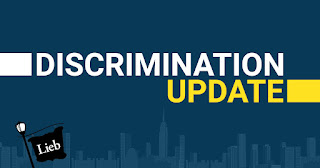On 1/12/24, the Justice Department announced a proposed rule revision under the Americans with Disabilities Act (ADA), targeting the accessibility of Medical Diagnostic Equipment (MDE) in state and local government entities. This move is a significant step towards ensuring that medical diagnostic equipment is accessible to all, regardless of disability.
The rule, proposed by the Civil Rights Division of the Department of Justice, seeks to amend title II of the ADA regulations. The primary goal is to establish explicit requirements, including technical standards, for accessible MDE provided by state and local governments.
Key Provisions:
- Adoption of Standards: The rule proposes adopting standards set by the Architectural and Transportation Barriers Compliance Board for MDE.
- Scoping Requirements: Specifics on the amount and type of accessible MDE required.
- Deadline for Comments: Stakeholders can submit comments until February 12, 2024, primarily through the electronic Federal Docket Management System.
Impact on Medical Services: The lack of accessible MDE has been a barrier for people with disabilities, often leading to compromised health care. For instance, patients with disabilities have faced challenges in accessing routine examinations like mammograms and Pap smears due to inaccessibility. This rule aims to rectify such disparities.
Economic and Environmental Considerations: The Department invites comments on potential economic and environmental impacts of the rule. This consideration is crucial for balanced and sustainable implementation.



